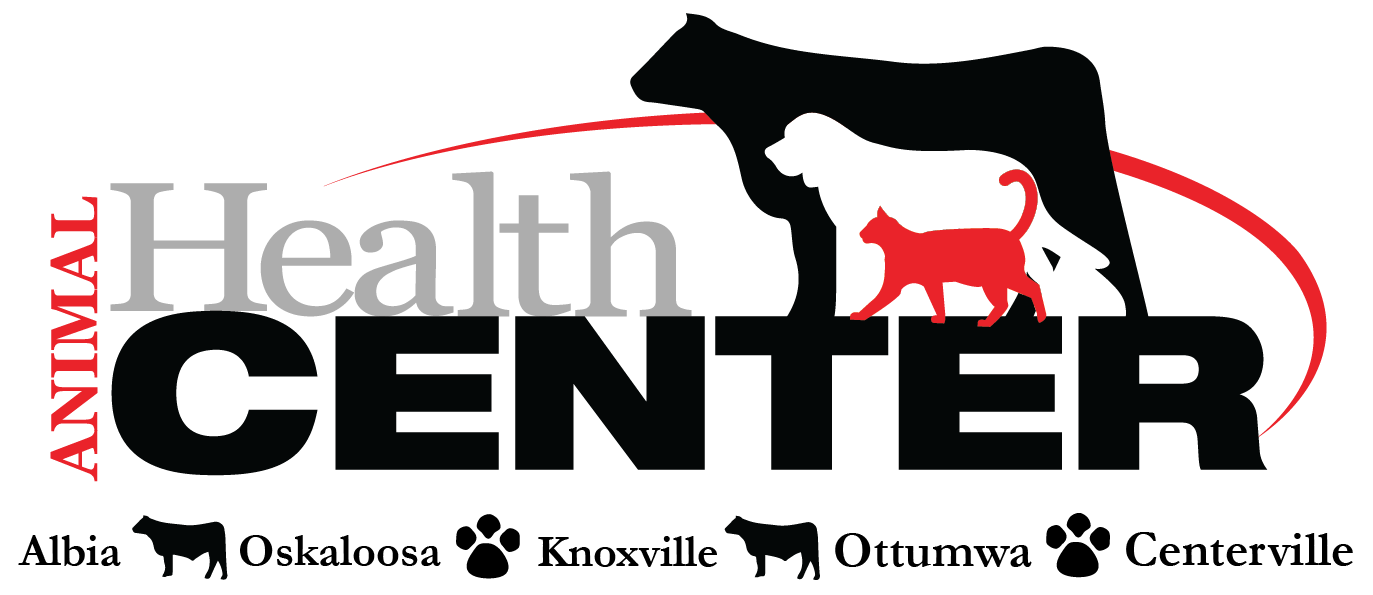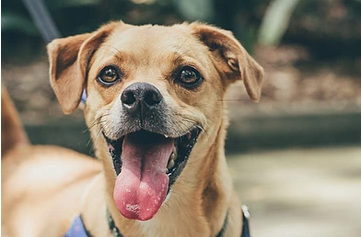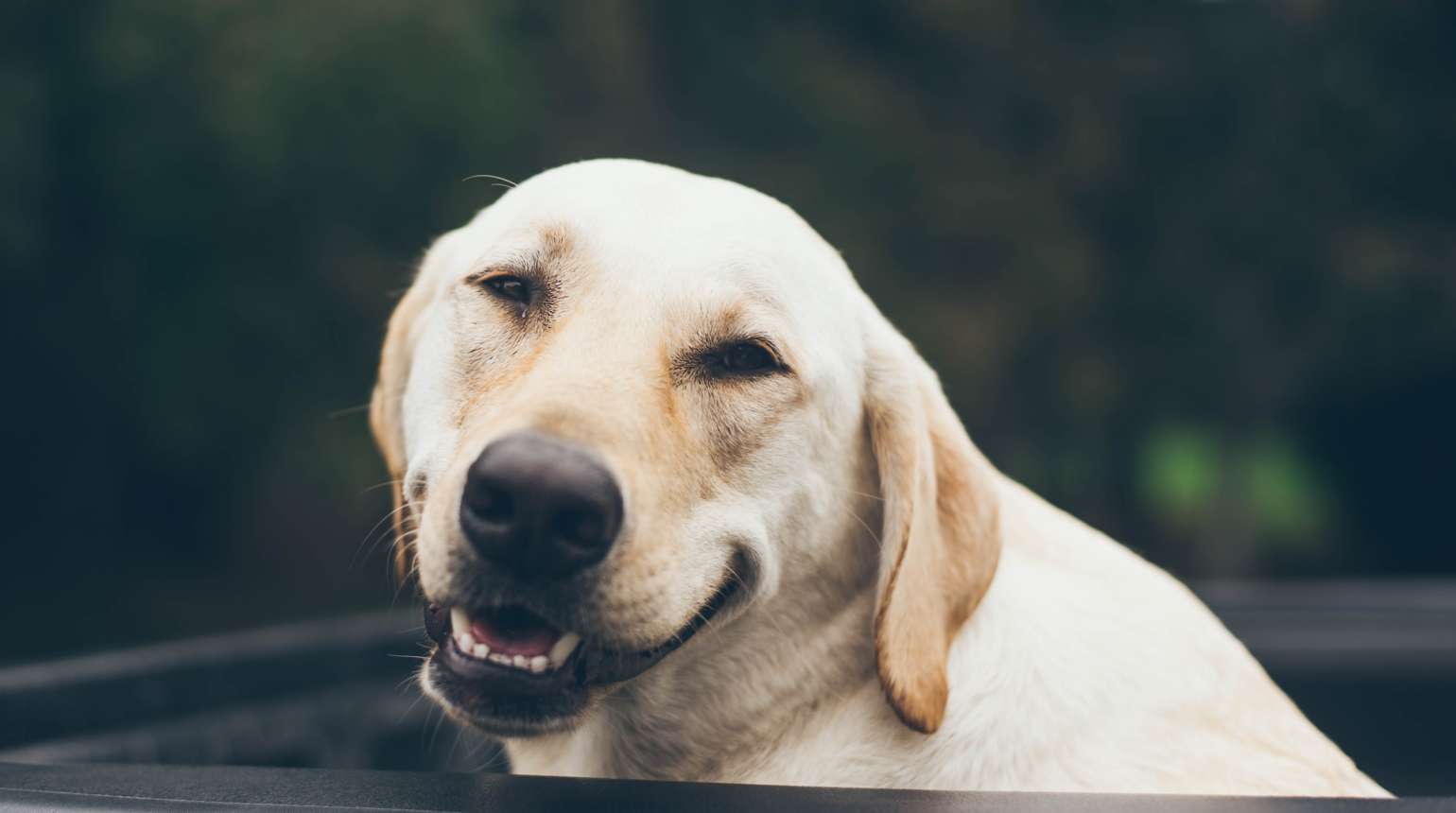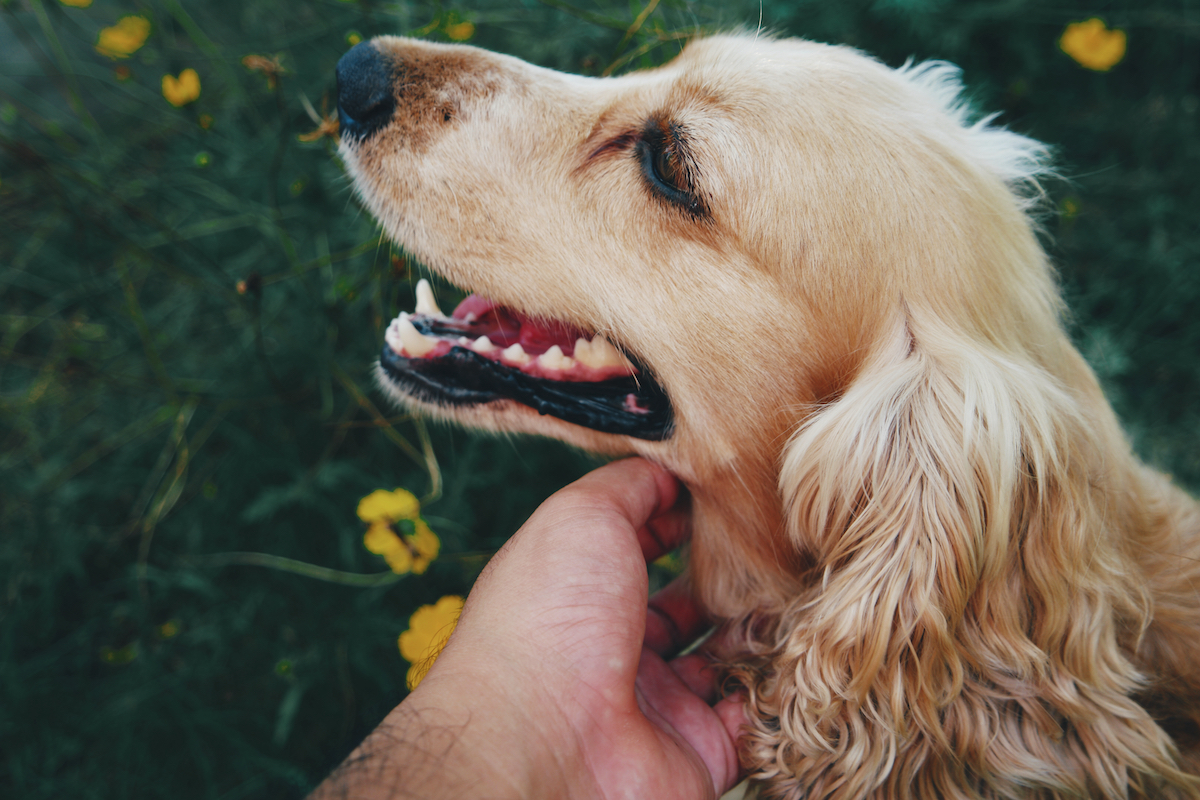When was the last time you gave any thought to your pet’s dental health? If it’s been a while—or maybe never—you’re not alone. Studies reveal that about two-thirds of pet owners do not provide the dental care recommended by their veterinarians.
That’s a big mistake. Even though pets don’t often get cavities, they are susceptible to periodontal or gum disease, which is the number one illness found in both dogs and cats. That’s why it’s so important that pet lovers include dental hygiene in their animals’ health and wellness routine.
Estimates suggest that, by the time they are three years old, 80% of dogs and 70% of cats have oral disease. Some of the most common symptoms in both dogs and cats include yellow and brown build-up of tartar along the gum line; inflamed gums; and persistent bad breath. A change in eating habits or pawing at the mouth can also indicate dental disease.
But since dental problems often develop gradually, it’s easy to miss the signs until there is a bad infection. That’s why it’s critical to schedule a regular annual dental check-up with your pet’s veterinarian.
How can you help prevent oral disease in your pet?
- It’s important to brush your pet’s teeth as early as possible. The best time to start a tooth-brushing regimen is when their adult teeth are in, at about 6-9 months old. But getting puppies and kittens used to the process earlier is important.
- Avoid dental products containing Xylitol, as it is highly toxic to dogs and questionable to cats. NEVER use human toothpaste to clean pets’ teeth and gums.
- Poor dental hygiene can lead to dental disease. Dental disease is caused by bacteria in the mouth and can result in oral pain, halitosis, tooth loss and periodontal disease, and it can even affect the heart, kidneys, intestinal tract and joints. Also, a pet in dental pain is not a happy pet, and the pain can affect his/her ability to eat.
During a regularly scheduled wellness exam, our Animal Health Center veterinarians will determine the status of your pet’s dental needs. If your pet needs more advanced dental care, your veterinarian will recommend the treatments needed and the approximate costs involved.



